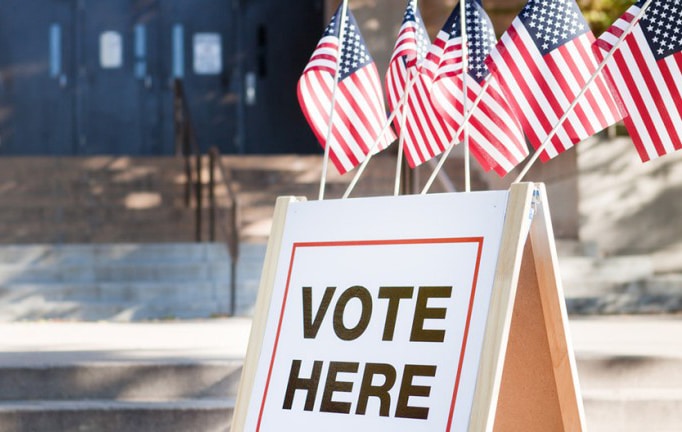The US presidential elections are scheduled for November 2024. Understandably, their importance for the global economy is difficult to overestimate.
Developed economies are generally characterised, nowadays, by lacklustre growth, labour shortages and simultaneous problems with the integration of immigrants, inflation, which despite the downward trend remains at elevated levels compared to the stated objectives of the central banks, high interest rates and high public debt.
From a medium-term perspective, the above are expected to contribute to an environment of low growth. In this context, the forthcoming US elections are considered instrumental, given the size of the US economy, the central role of the US dollar and the country’s vast energy reserves and geopolitical importance.
President Biden’s economic strategy is characterised by government interventionism, as reflected in the efforts to repatriate industries and the Inflation Reduction Act, which, primarily, involves green corporate subsidies. Even though the specific Inflation Reduction Act has led to disagreements with the EU, the Biden administration is generally favouring the preservation of strong economic relations and trade with Europe.
Another priority of the Biden administration is social policy, as can be deduced, among others, from the student loans erasure scheme and the expansion of medical coverage. The combination of industrial subsidies and social policy implies growing fiscal deficits which, at this stage, are comfortably financed by the markets, given the perceived favourable economic prospects of the US economy and the dominant position of the dollar as a safe-haven currency.
Criticism of Biden’s policies concerns the long-term sustainability of the country’s public debt and, more importantly, distortions to world trade, caused by the policy of protecting American products.
Furthermore, many developing countries face the challenge of a ‘strong’ dollar, which affects the attraction of foreign capital that is vital for their economic prospects. The root cause of the strong dollar is the high interest rate, in line with the Federal Reserve’s policy to tame inflation. As a result, American assets offer, in general, better returns in comparison to assets of other countries, thereby attracting significant inward investments.
Recently, the New York Times reported that two thirds of the world’s largest 150 currencies have depreciated against the dollar in 2024, raising concerns over: (i) the inflationary impact on countries that buy US products, and (ii) the increased cost of servicing dollar-denominated sovereign debt.
A victory for former president Donald Trump would, in all likelihood, entail an extensive reinforcement of protection policies for domestic production, through a mixture of immigration restrictions and the imposition of higher tariffs on imported products. It would further entail a reduction in international trade plus intensified competition with China, amidst the ongoing power game for dominance in the technology sector.
Moreover, subsidies towards the green transition would be expected to be withdrawn, with adverse consequences for the internationally agreed policies on cutting emissions. T
he Trump administration would also reduce corporate taxes, while limiting defence aid to third countries, including that to its traditional allies in the EU and Nato.
Trump’s economic policy would maintain high budget deficits due to corporate tax cuts, while imposing high trade tariffs would likely lead to elevated inflation, as well as higher interest rates.
Ultimately, although expansionary fiscal approach and domestic industry subsidies are criticised, Biden’s economic policies are coherent. On the contrary, Trump’s ascendancy to power is expected to have far-reaching and unpredictable adverse effects, since it will strengthen de-globalisation trends and geopolitical risks. At the same time, it will be viewed with scepticism by the EU, whose security depends heavily on US foreign policy. The common point of the two candidates evolves around high public debt: although they will spend for different reasons, they will both contribute to its further increase with likely negative long-term consequences.
Andreas Charalambous and Omiros Pissarides are economists







Click here to change your cookie preferences